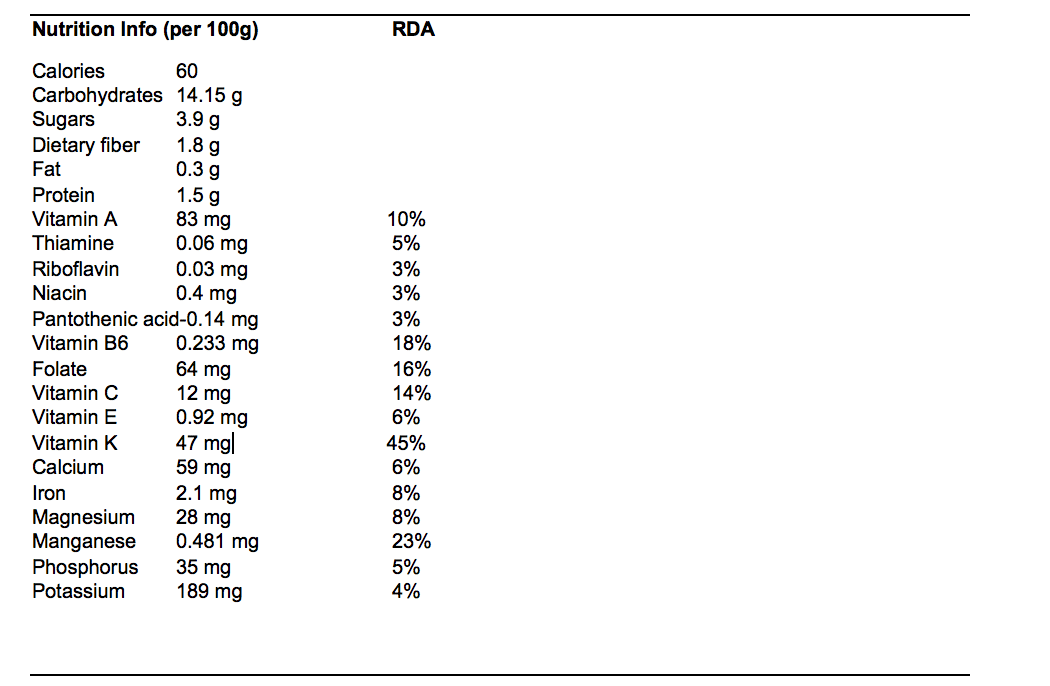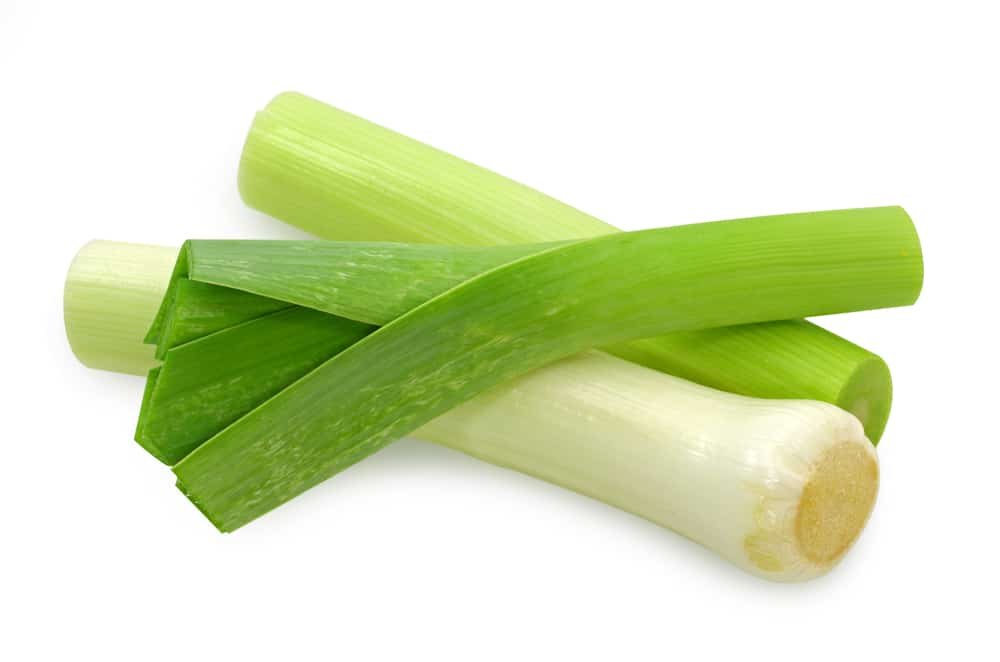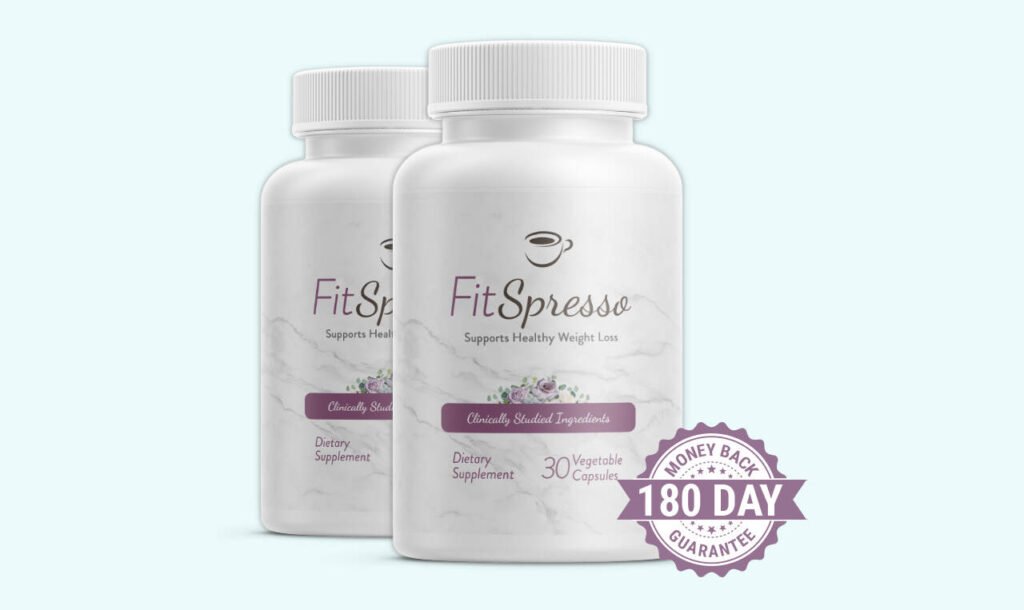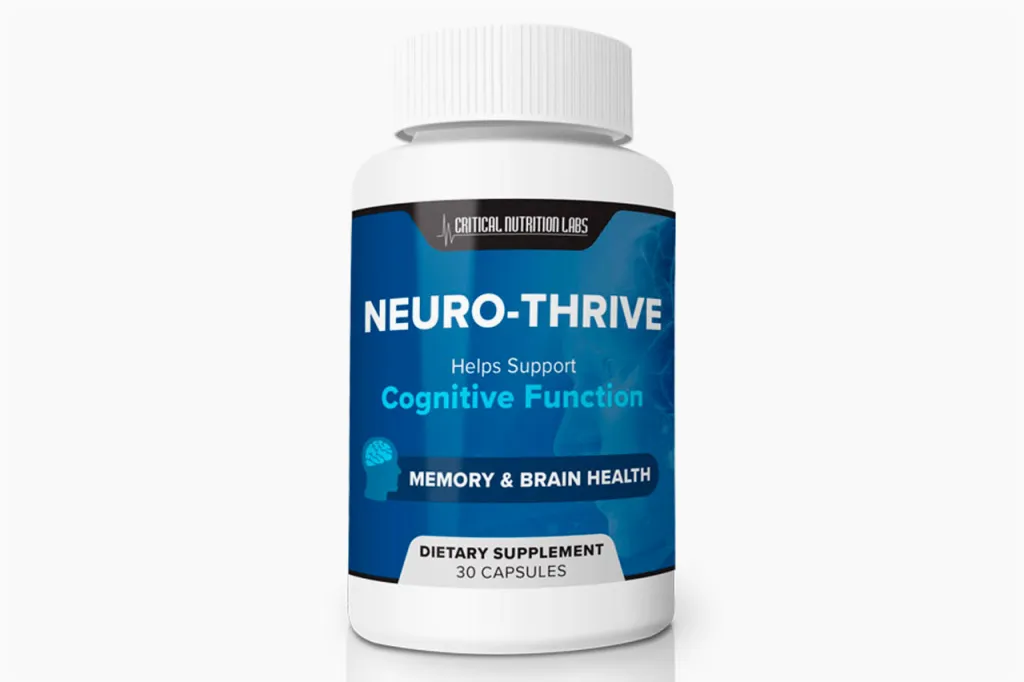Leeks health benefits includes improving eye health, preventing cataracts, keeping skin clean and healthy, supporting cardiovascular health, lowering blood pressure, preventing anemia, and relieving inflammation. Other benefits includes improving bone health, supporting kidney function, managing type 2 diabetes, preventing cancer, aiding weight loss and improving digestion.
What is Leeks?
Leeks look like flowers or shrubs but are actually vegetables. They belong to the genus Allium. Leeks are related to chives, shallots, and onions. Unlike its cousin onion, leeks have stalks instead of bulbs. Leeks are quite easy to grow and are resilient. These vegetables can withstand harsh weather conditions. Leeks are indigenous to the Mediterranean and Middle East, but is now cultivated in many parts of the world due to its many advantages in food and nutrition.
Leeks are hard and crunchy. The only edible part of this vegetable is its stalk which is just above the roots and stem base. Leeks are mostly used in culinary applications. They have a balmy onion flavor. Its stalk are mostly used to enhance the flavor of broths.

13 Health Benefits of Leeks You Should Know
 1. Improve Eyesight
1. Improve Eyesight
Leeks are rich in vitamin A, a necessary vitamin for the proper functioning of the eyes and for overall eye health. Leeks are also abundant in antioxidants which combat free radicals that enter the body and prevent it from doing damage to the eyes. If not prevented, free radicals may cause macular degeneration and other eye issues brought by aging. Vitamin A helps your eyes achieve better achieve better vision under low-light conditions as well, as it is known to promote night vision
2. Help Prevent Cataracts
The leek vegetable is a good source of zeaxanthin and lutein. These two compounds can benefit your eyes greatly. Zeaxanthin and lutein shield sensitive eye tissues from harmful UV light. Most importantly they protect your eyes from developing cataracts. The American Optometric Association recommends 12 milligrams of these two compounds to receive such benefits.
3. Keep Skin Clean and Healthy
A great number of skin problems are caused by free radical damage. Skin problems such as dark spots, wrinkles, etc. are results of oxidative damage caused by these free radicals. Antioxidants contained in leeks can combat free radicals and slow down the aging process. Leeks contain Allicin. A compound that has antibacterial properties and keep germs and other foreign invaders out of your skin. It is also anti-viral and anti-fungal. Once allicin is digested in the stomach, it produces sulfenic acid which neutralizes bacteria and many other microbes that may cause infection is allowed to enter the intestines.
4. Provide Cardiovascular Support
Leeks have high amounts of kaempferol, a flavonoid that helps protect blood vessels from damage caused by hyperactive oxygen molecules. This method of protecting blood vessels also produces a naturally occurring gas called nitric oxide or NO. Nitric oxide helps dilate and relax blood vessels.
Another advantage of leek is its concentration of folate, which is in its bioactive form and is in fact present in all parts of the plant. Folate promotes heart health and ensures homocysteine levels are in proper balance. Even moderate amounts of homocysteine can bring harm to the cardiovascular system. Folate breaks down homocysteine into beneficial amino acids.
Leeks also contain high amounts of polyphenols. Polyphenols are antioxidants that play a crucial part in protecting both blood vessels and blood cells from oxidative damage.
Lastly, it contain a substantial amount of dietary fiber. Dietary fiber is important in improving cardiovascular health and prevents heart attacks, strokes, and other cardiovascular disorders. Fiber helps in the elimination bad cholesterol and prevents plaque formation within the arteries.
5. Can Lower Blood Pressure
Potassium serves as a vasodilator which minimizes the tension from the blood vessels to provide smooth flow of blood through the arteries. Leeks are abundant in this nutrient. Potassium also helps maintain homeostatic balance between sodium, and plays an important role in overall heart muscle contractility.
6. Prevent Anemia
Anemia occurs when your body is deficient in iron. Consuming leeks at a regular basis is a sure way to provide your body the iron it needs to fight and prevent anemia. Leeks are abundant in iron, as well as B vitamins which are necessary pre-cursors for blood cell synthesis. Correcting anemia can translate to enhanced blood flow, and greater oxygen perfusion to cells that need them.
7. Relieves Inflammation
It contain anti-inflammatory properties owing to its high amount of antioxidant vitamins, which effectively; reduces inflammation of the skin and bones. Leeks can also help with management of rheumatic conditions such as arthritis.
8. Improve Bone Health
Vitamin K provides benefits to every part of the body. Getting adequate vitamin K everyday activates a protein called osteocalcin. Osteocalcin plays a vital part in promoting bone health, and decreases bone resorption. Ensuring your meet your daily Vitamin K quota will only ensure the health of bone tissue for years to come.
9. Leeks are Diuretic
Leeks are natural diuretics. It help you increase the amount of sodium and water expelled from your body as urine. Natural diuretics are beneficial to those individuals with hypertension, helping to preserve kidney function by reducing accumulation of water soluble toxins or salts. . Diuretics work by helping your kidneys flush out more sodium into your urine. Sodium takes water from the blood and reduces the pressure on vessel walls- better known as your blood pressure.
10. Help Manage Type 2 Diabetes
Leeks are low in calories and are a low glycemic index food. These vegetables inhibit a-amylase activity which supports an array of anti-diabetic functions. A-amylase is what breaks down complex carbs into sugars, which causes blood sugar spikes and crashes. Inhibition of this enzyme slows the speed by which glucose enters blood circulation. Leeks also contain allicin which helps reduce the likelihood of metabolic syndrome and diabetic neuropathy occurring. Flavonoids and antioxidants found in leeks fight free radical damage and strengthen a diabetic individual’s cardiac function.
11. Aid in Cancer Prevention
Vitamin C is abundant in it and are extremely beneficial for promoting overall health. Vitamin C is a potent cancer-fighting antioxidant. It combats free radicals and neutralizes them before they can perform oxidative damage to cells. Oxidative damage is often implicated as one of the main causes of cancer.
12. Helpful For Weight Loss
Leeks are beneficial for weight loss due to its presence of dietary fiber. Fiber fills you in and keep your stomach feeling full for a longer period of time. Leeks inhibits cravings and prevents you from feeling frequently hungry, which can derail even the most dedicated dieter.
13. Improve Digestion
It is abundant in prebiotic carbs, which feed the good bacteria in the stomach, and help produce digestive enzymes. Leeks also promote proper bowel movement and allows a smooth passage for food through the digestive tract due to its high amount of fiber.
Conclusion
Leeks are one of the world’s oldest known vegetables, although many people are still unfamiliar with them. These vegetables were prized by ancient Greeks and Romans for their special attributes. Leeks are often overshadowed by their close allium relatives garlic and onion although they almost share the same beneficial compounds. Leeks are low in calories and proteins, but they are abundant in vitamins and minerals. These vegetables possess a unique combination of sulfur-containing nutrients and flavonoids. Leeks have antiseptic, diuretic, and laxative properties to name a few, making a real case for including them in your diet.

